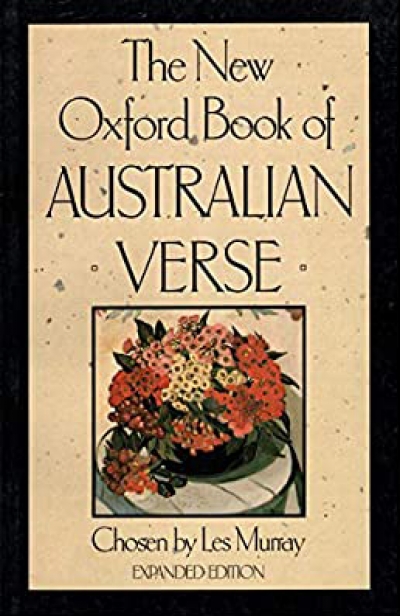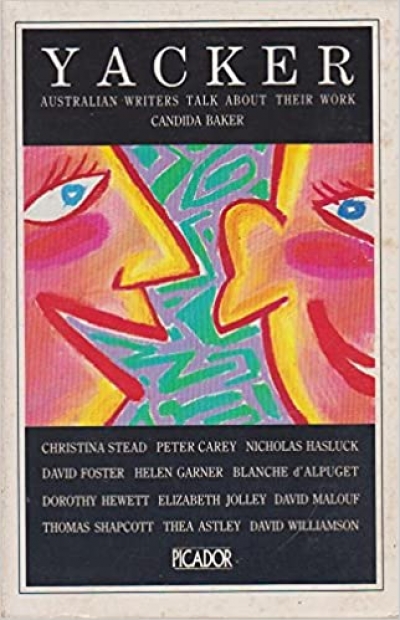Archive
Film | Theatre | Art | Opera | Music | Television | Festivals
Welcome to ABR Arts, home to some of Australia's best arts journalism. We review film, theatre, opera, music, television, art exhibitions – and more. To read ABR Arts articles in full, subscribe to ABR or take out an ABR Arts subscription. Both packages give full access to our arts reviews the moment they are published online and to our extensive arts archive.
Meanwhile, the ABR Arts e-newsletter, published every second Tuesday, will keep you up-to-date as to our recent arts reviews.
Recent reviews
This book is about the role played by ministerial staff in Australian federal government. It is particularly concerned with the potential influence on policy making that this group may have through their capacity to advise ministers. It is, then, about the nature of the relations between personal advisers and their principals – a general issue that can be explored through history, and in countries other than Australia (see chapter 2). From the outset, however, it is important to differentiate between advice to ministers and advice to government, and the term ‘adviser’ does not sufficiently alert us to that differentiation. Indeed, the term ‘adviser’ is traditionally used to signify public servants, who are formally charged with the responsibility of advice to government. I have therefore elected to borrow the term ‘minder’, a term that is creeping into journalism and into the vernacular to refer to a member of a minister’s staff. We can thus distinguish at once between minders (personal advisers) and mandarins (public servants).
... (read more)The Macmillan Dictionary of Biography by Barry Jones and M.V. Dixon
This year’s annual conference of the Association for the Study of Australian Literature was held in mid-July at James Cook University in Townsville, to which some two hundred delegates flocked to soak up ideas, information, sunshine, and the odd ale. Everybody had a good time except possibly the indefatigable organisers, Tony Hassall, Robert Dixon, and Stephen Torre, who, if they were not too exhausted to enjoy themselves, ought to have been. In general, the relaxed and benign atmosphere one has come to know and love at ASAL conferences prevailed.
... (read more)The last time I’d seen this particular Bob was when we were at the school where I had to pretend not to be good at English and French and where he was a bikie and one of the likeable Bad Boys. I’d admired his audacity in running for school prefect and his campaign posters with their slogan ‘VOTE FOR BOB AND YOU WON’T GET DOBBED’.
And here he was at a party almost twenty years later, a taxation officer in a grey suit saying to me ‘And whaddya do for a crust?’ I said, ‘I teach a course in Australian Literature’. ‘Yeah?’ He didn’t sound too surprised. ‘Be a short course, wouldn’t it?’
... (read more)Phoenix Publications literally sprang from an ardent belief that there is place in Australian publishing for a small press representing a wide literary culture and achieving a high standard of design and production.
Phoenix Publications arose in Brisbane, when Manfred Jurgensen, Professor of German at the University of Queensland, was asked to assemble a collection of writing by Australians whose native tongue was other than English. The anthology, Ethnic Australia, appeared in 1980 and met with such interest that it was set in many high schools and tertiary institutions and went into a second edition the following year. Jurgensen decided that the best way to achieve the standard of production he wanted for Ethnic Australia was to publish it himself, and Phoenix Publications was established.
... (read more)





